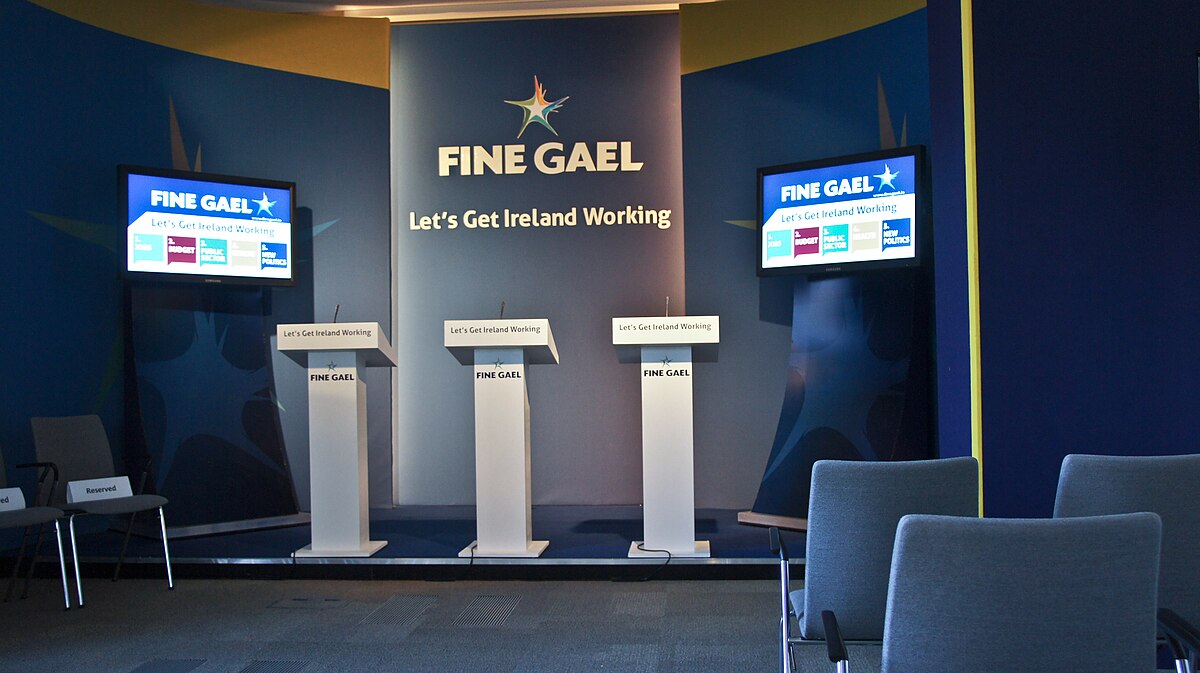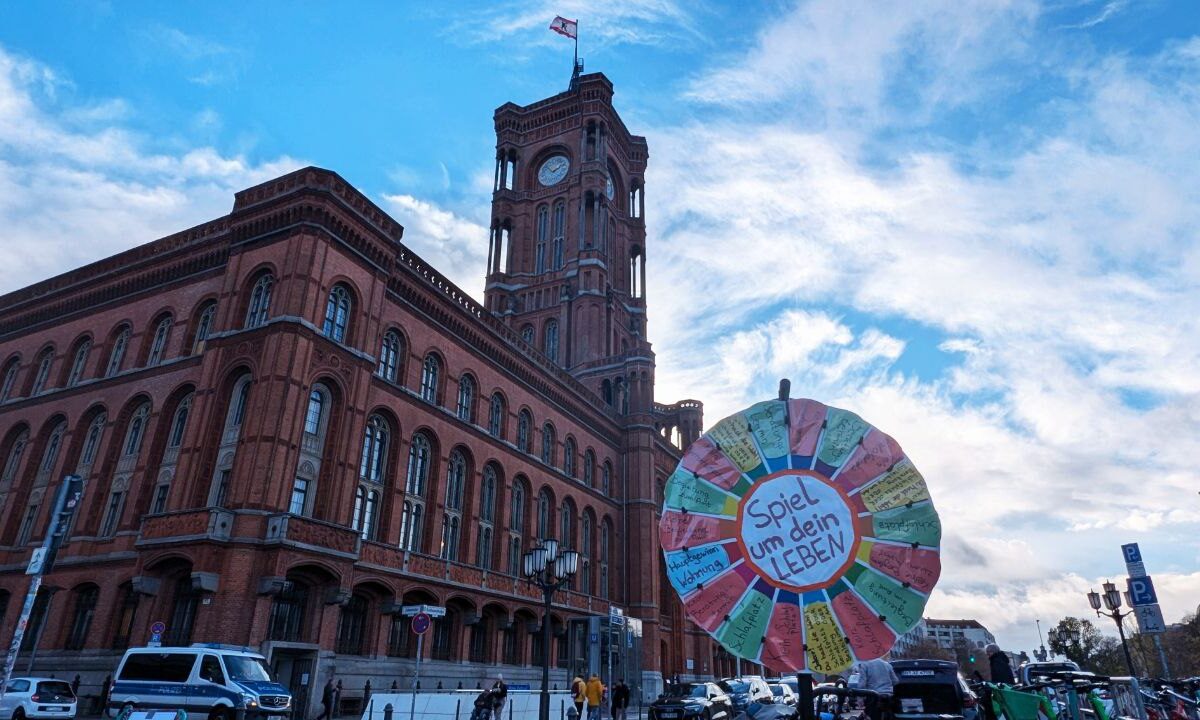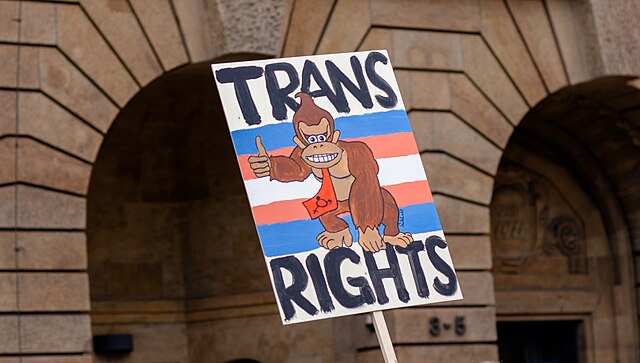With the 2024 election in the Republic of Ireland taking place this Friday, the insights of someone not living there and unable to vote are actually a testament to one of the prevailing features of Irish life – emigration. Even if the current waves of people leaving take on the distinct characteristics of the past, its causes still highlight some of the main issues at stake in this election. While before, young Irish people were leaving the island in search of work and prosperity, those leaving today are doing so more out of choice than desperation, although a certain amount of desperation still exists.
Irish young people are better educated and earn more than ever before, but their rates of home ownership are lower than any previous generation. With a very low number of apartments, and a high proportion of precarious rental arrangements, home ownership has historically been a goal for many young Irish people, even marking the full transition to adulthood. Many have joked that committing to a mortgage is a bigger decision than the commitment to marriage. This will be the third election in a row where housing is a key factor in voters’ calculations going into the polls. It seems as if land has become the leading social issue in Ireland once again.
With house and rent prices rising and not looking set to slow down any time soon, even the well-educated and those with good jobs find it difficult to pay these prices. Those earning between €50,000 and €100,000 cannot afford to buy a home. Many who were living in Dublin decided that if they were going to pay London-level rents, they may as well be in London. Many others have moved to Australia or have committed to saving for their own place while still living at home with their parents. Emigration rose to 70,000 in 2024, the highest level since 2015. Almost half of these emigrants were between 25 and 44 years old, the age when people would normally be expected to buy their first home.
Every political party has their own plan for housing, although the reliability of their ambitions is still to be tested. The reliability of Fine Gael, a member of the ruling coalition, has however already been tested, seeing it struggle to provide an answer. A recent statement by leader Simon Harris said his government would commit €40 billion to build 300,000 homes. Some quick division shows that this means about €130,000 per house, at least €200,000 below the current national average house price, not even accounting for the higher prices in the areas where these houses need to be built.
While the previous depressing news that Fine Gael were doing well in the polls has subsided, it is remarkable how resilient the party is after being in power since 2011. This will warrant an in-depth post-election analysis. Their distinction from the other party in the ruling coalition, Fianna Fáil, has become so minor that even establishment politicians are starting to see their collaboration as a clever double act. Just as in 2016, after a term of government working in tandem, the two parties now try to make the election about how completely different they are from each other, while claiming that the main opposition party, Sinn Féin, can’t be trusted. At least one of these two parties has served in every government in Ireland since the founding of the state. But neither of the two “Civil War” parties are able to form a government on their own anymore, fuelling hope for those seeking progressive change, and possibly a left-wing government.
Since 2016, this beacon has been provided by Sinn Féin who, after an extended period in opposition, have increasingly been marketing themselves as a moderate centrist party to court middle-class voters. Far-right protestors are blaming them for a conflicting stance on immigration. This is what many analysts use to explain their poor performance in the last local elections. That said, it is potentially a good thing for the party that this reactionary element of their support base seems to have vacated it.
A common feature of past coalitions in Ireland is that the smallest party in government takes a severe beating in the next election. This was true for the Greens in 2011 and Labour in 2016 (just the most recent example of such a beating for them). This does not seem to be the case this time around, with the Green party still polling around 4% along with the other social democratic parties, Labour and the Social Democrats, whose differences are so small that it has often come up that they should merge.
Due to the quirks of the Irish electoral system, voters often express preferences between individuals. You can even vote for which candidate within a political party you prefer. This has often led to entertaining infighting from party members who share a constituency, but also produces independent candidates and small parties campaigning on local issues. About 20% of the Irish parliament is made up of these “Independents and Others”. While it may seem ridiculous for “parish politics” to have a national audience, given local government’s toothlessness, it does serve at least one purpose. It can lead to genuinely progressive views getting a place in the national legislature, for example in the form of People Before Profit. At the same time, it can also lead to embarrassing displays from millionaires cosplaying as local heroes fighting for the little man up in Dublin (see the Healy-Raes).
Given that most of the far-right tendencies are coming in the form of these independent candidates or small party groupings, there is no immediate cause for concern about a far-right takeover of the parliament. But recent riots and protests in Dublin still loom large, and the threat is not to be taken lightly.
There has been much discussion of a “left government” coalition, led by Sinn Féin and supported by the other left parties and left-leaning independents. Given Sinn Féin’s moves towards the centre, joining them would be a risky move for any leftwing party hoping to maintain its position in the parliament as a defender of radical alternatives. Voicing strong opposition and representing the activist left is a serious position held by parties like People Before Profit and independent candidates like Clare Daly, and should not be traded in lightly for a few junior ministries. A step into government to wage tireless battles with centrist politicians would risk undermining this.
Regardless of who comes out on top in the election, or who forms a coalition, the housing and cost of the living crisis is so dire and plans to solve it so ambitious that they would require a vast amount of external pressure for any government and bureaucracy to act accordingly. After the vote on Friday, those seeking change will need to stay active and demand what they voted for through direct action and public protest. These problems cannot wait another five years for your say.




